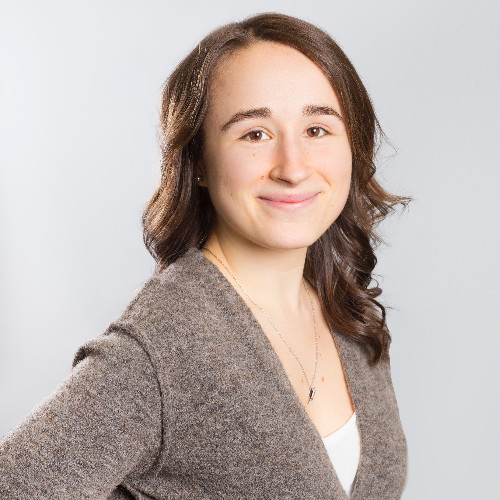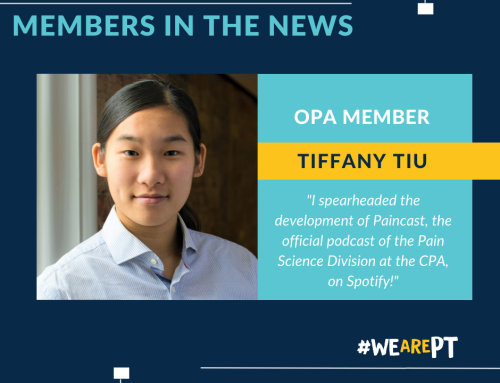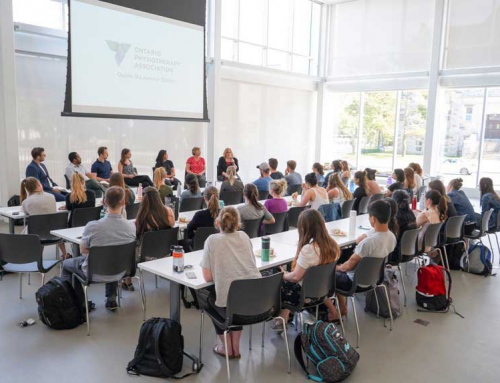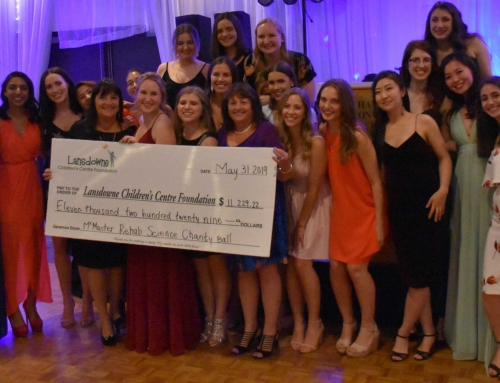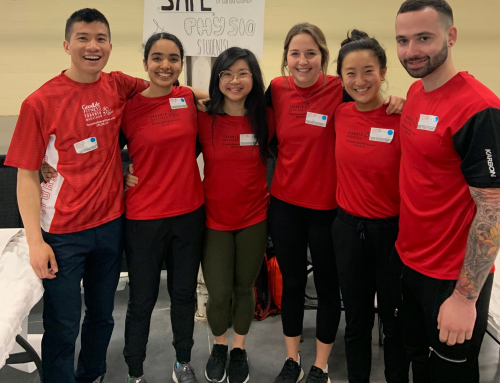Today is my last day in my final placement of the University of Toronto’s Master of Science in Physical Therapy (MScPT) program at the Ontario Physiotherapy Association (OPA). Clinical placements are a required component of all MScPT programs in Canada. Placements provide physiotherapy students with exposure to five week snapshots of a variety of health care practice settings and the ability to learn from physiotherapists with unique skills and perspectives. Each placement helps you increasingly become a better physiotherapist in different ways. The placements that I have had during the past two years have been extremely valuable to my learning and in preparing me for a career in physiotherapy.
Placements provide a safe, supervised environment to apply and integrate the theoretical knowledge and practical skills learned during class and practical labs. This is important as one cannot become entirely proficient in a clinical skill through practice in a lab environment alone. Placements provide the opportunity to receive specific and personalized feedback from your instructors, which you may then apply to future opportunities. Practicing your clinical skills in this setting is essential for preparing you to provide the best possible patient care upon graduation.
Additionally, placements provide the opportunity to learn about working as a clinician, from the perspective of a variety of clinicians. Each instructor will have a unique take on what it means to be a physiotherapist and will have advice on different challenges that you will face based on their own experiences. For example, I have received invaluable advice from my instructors about how to maintain a work/life balance to avoid burnout. I think all students should have those conversations with their instructors. If we don’t learn how to take care of ourselves, we will be challenged to take proper care of our patients and have a long term career.
Furthermore, placements help you develop stronger interpersonal skills, which enhance your ability to work with interprofessional teams and establish positive relationships with your patients and colleagues. Opportunities to interact with team members including patients, healthcare providers, and instructors teach you how to work well with a wide range of individuals. Strong interpersonal skills and the ability to adapt your communication style based on your patients’ needs, result in positive patient interactions as your patients feel comfortable around you and trust you. This is the foundation for strong therapeutic relationships between you and your patients and will enhance health outcomes.
Also, placements provide valuable insight into the different areas of practice and help you determine which one best meets your interests. Although placements are short and it can be challenging to leave just as you begin to feel settled into a certain setting, the diversity of experiences that we receive as students is what help us adapt to the equally diverse needs of our future clients. Seeking greater diversity of experiences is what brought me to do my final placement in a non-clinical setting at OPA. During my placement at OPA, I have learned many of the skills involved in developing an advocacy strategy. Interestingly, the process is somewhat similar to treatment planning in that you must identify the problems you hope to address and develop potential solutions to those problems. These skills will enable me to grow as a physiotherapist by advocating for my patients and for my profession.
I’m excited by all that I have learned in my placements and I am looking forward to beginning my career as a physiotherapist in just a few days.
By Kiera McDuff, BSc Kinesiology, MSc Physiotherapy (candidate)

